SAM
Welcome to Sam Studio!
your ultimate destination for photography, modeling, and freelancing excellence. Elevate your visuals with us!
Categories
Contacts
Phone: +971 555 11 88 26
Email: [email protected]
Explore Sam Studio – your premier destination for photography, modeling, and freelancers. Unleash creativity through our lens!
© SAM Studio, 2024. All Rights Reserved.
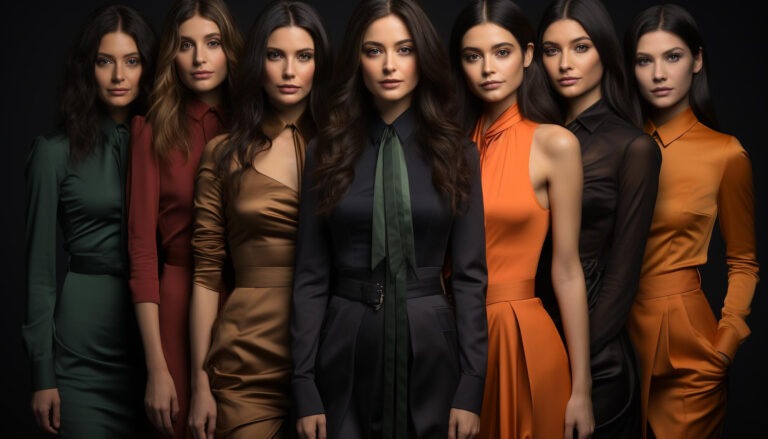
Body Positivity in Modeling: Redefining Beauty Standards
In the ever-evolving world of fashion, there has been a paradigm shift towards embracing diversity and challenging traditional beauty standards. One of the most impactful movements in this shift is the rise of body positivity in modeling. Gone are the days when the industry solely celebrated a narrow definition of beauty; today, there is a growing recognition that beauty comes in all shapes, sizes, and colors. In this blog post, we will explore the importance of body positivity in modeling and how it is reshaping the way we perceive beauty.
Breaking the Mold:
Historically, the modeling industry has been criticized for perpetuating unrealistic and unattainable beauty ideals. However, a revolution is taking place as models, activists, and consumers demand a more inclusive representation of beauty. The traditional mold is being shattered as models of various body types, ethnicities, and ages take center stage, challenging the notion that beauty is confined to a narrow set of characteristics.
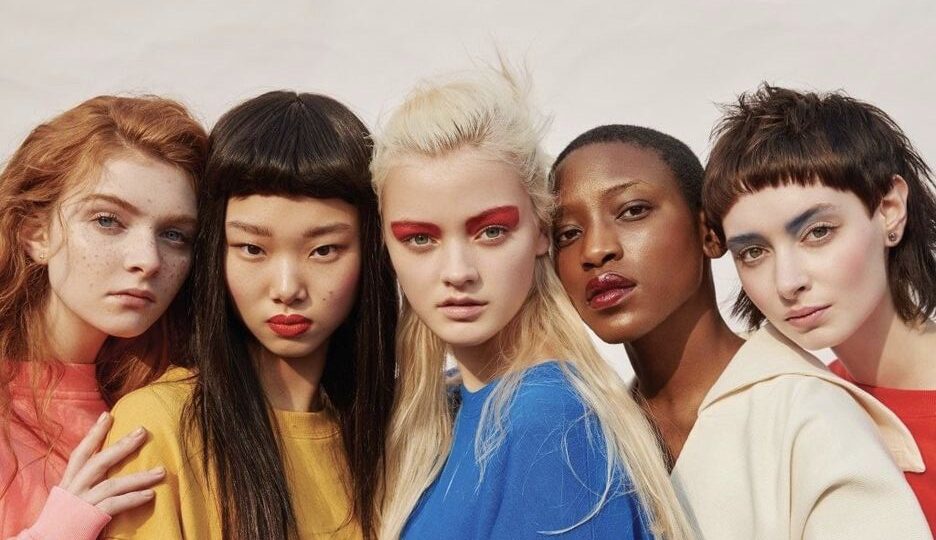
Diverse Representation:
Body positivity in modeling goes beyond just showcasing different body shapes; it encompasses a celebration of diversity in ethnicity, age, gender, and abilities. Brands are now realizing the importance of representing their diverse customer base in campaigns, advertisements, and runways. This shift not only reflects the reality of the world we live in but also sends a powerful message that beauty is not limited to one particular look.
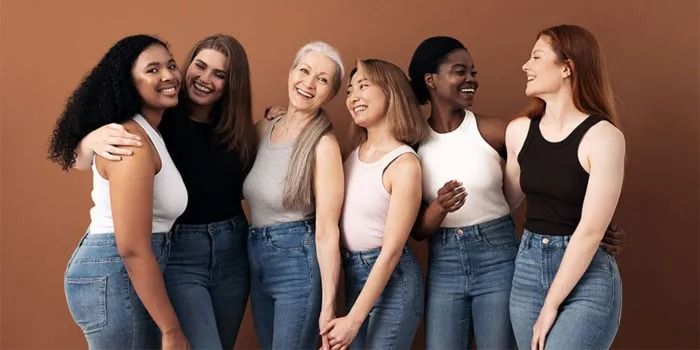
Empowering the Individual:
Body positivity in modeling is not only about changing external perceptions but also about empowering individuals to embrace and love their own bodies. By featuring models with realistic body types, the industry is sending a message that every body is beautiful. This empowerment translates into increased self-confidence and acceptance for people who may have felt marginalized or excluded in the past.
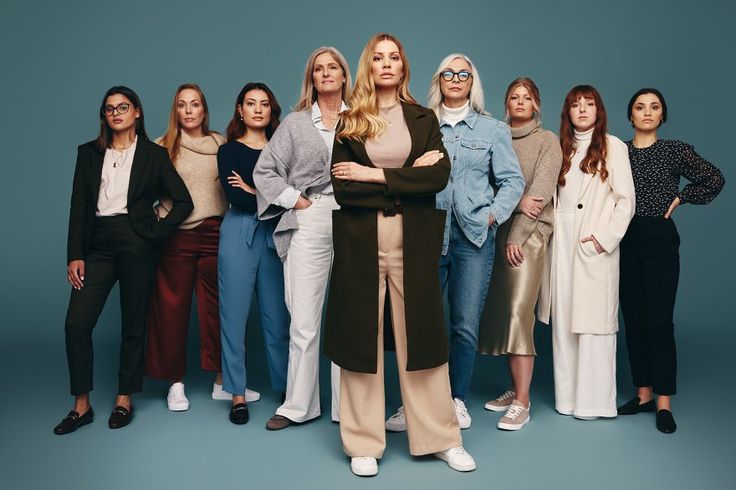
Social Media and Body Positivity:
The rise of social media has played a pivotal role in amplifying the body positivity movement. Models and influencers use their platforms to challenge stereotypes, share personal stories, and advocate for a more inclusive industry. Hashtags like #BodyPositivity and #AllBodiesAreBeautiful have gained momentum, creating a supportive online community that encourages people to love themselves as they are.
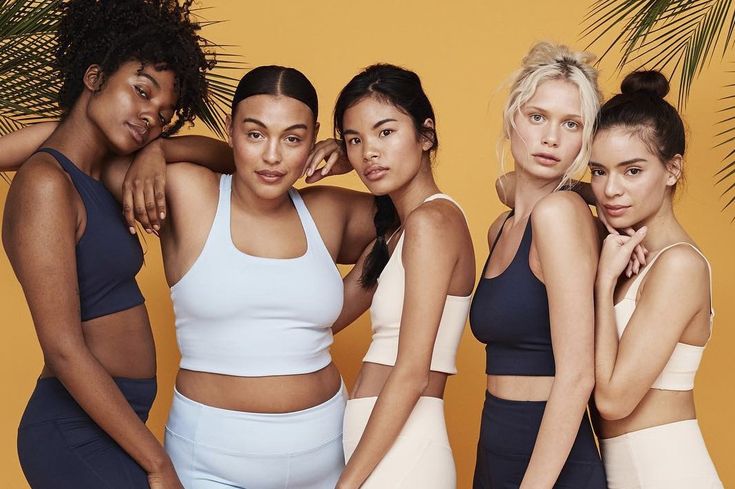
Impact on Mental Health:
The traditional beauty standards perpetuated by the modeling industry have been linked to issues such as body dysmorphia, low self-esteem, and eating disorders. The shift towards body positivity is not just a trend; it's a necessary step towards promoting mental health and well-being. When individuals see a diverse range of bodies celebrated and embraced, it contributes to a healthier and more positive self-image.

Conclusion:
The body positivity movement in modeling is a transformative force that is reshaping the industry and challenging long-standing norms. As we continue to celebrate diversity, we pave the way for a future where everyone can see themselves represented in the world of fashion. Redefining beauty standards is not just a trend; it's a fundamental shift towards a more inclusive and compassionate society where every body is beautiful and deserving of celebration. Let us continue to support and amplify the voices that advocate for a more diverse and body-positive modeling industry, inspiring individuals around the world to embrace their uniqueness and love the skin they're in.






Comments
Felix Meyer
Abby
Chu
boyarka